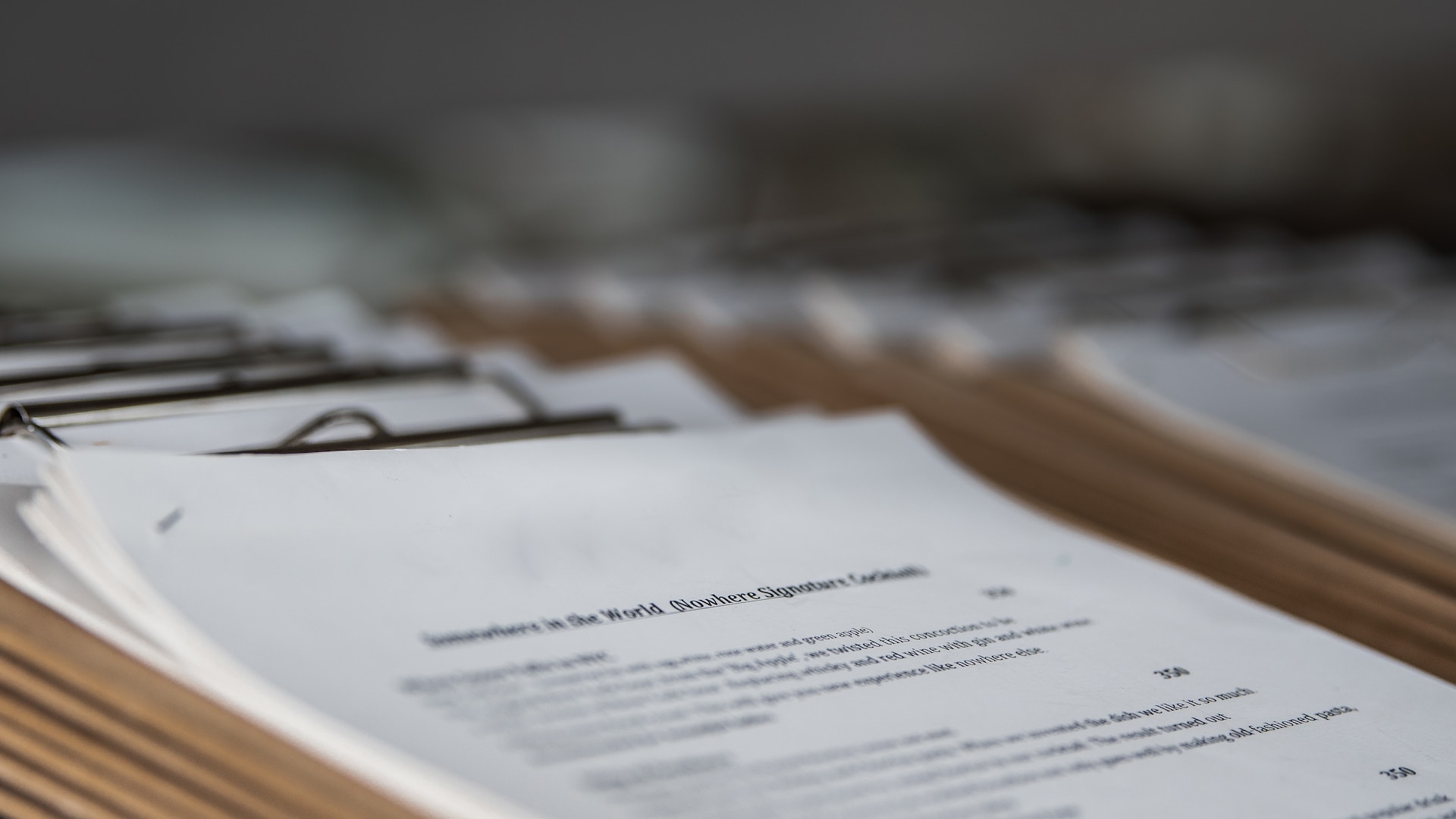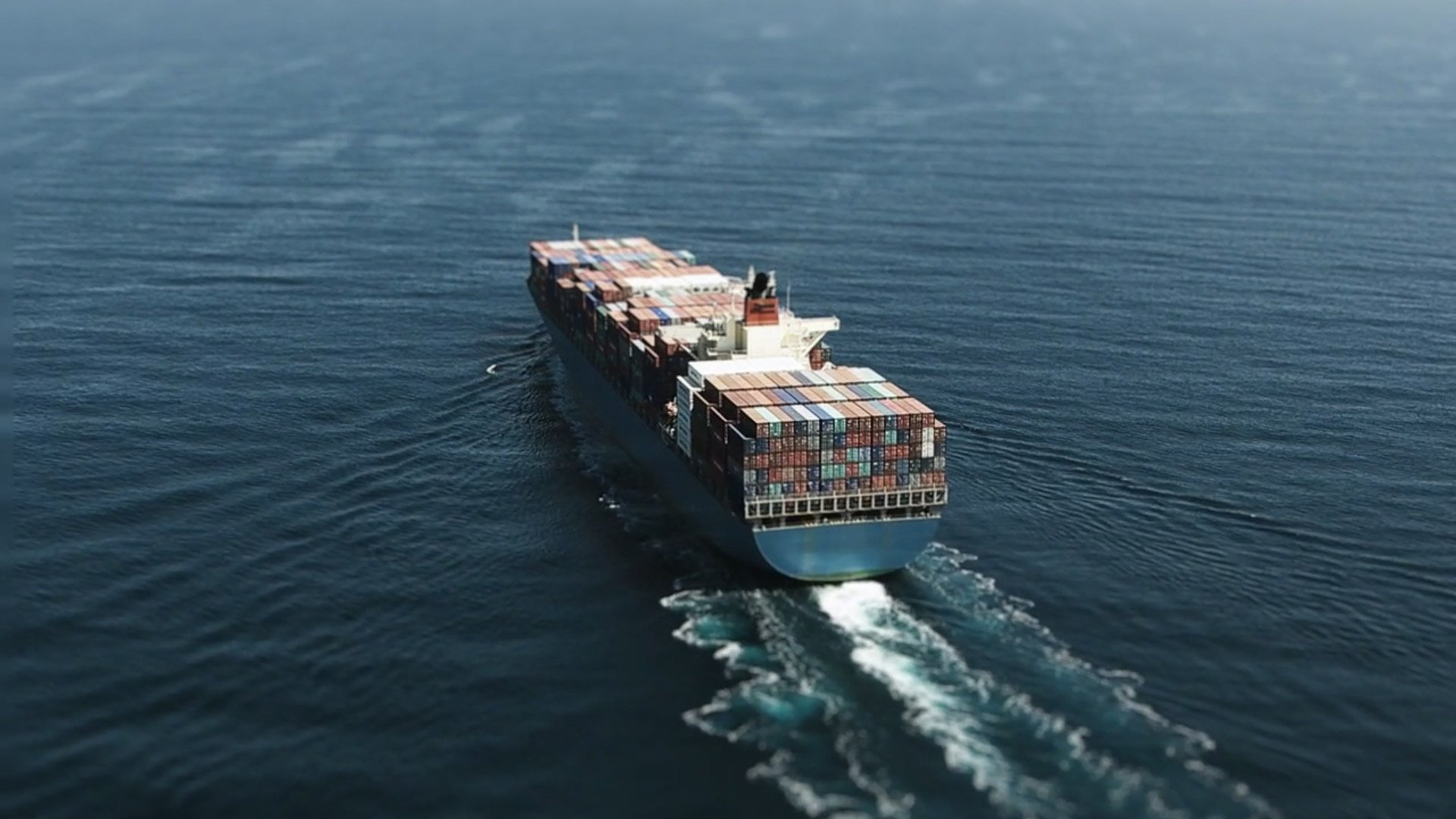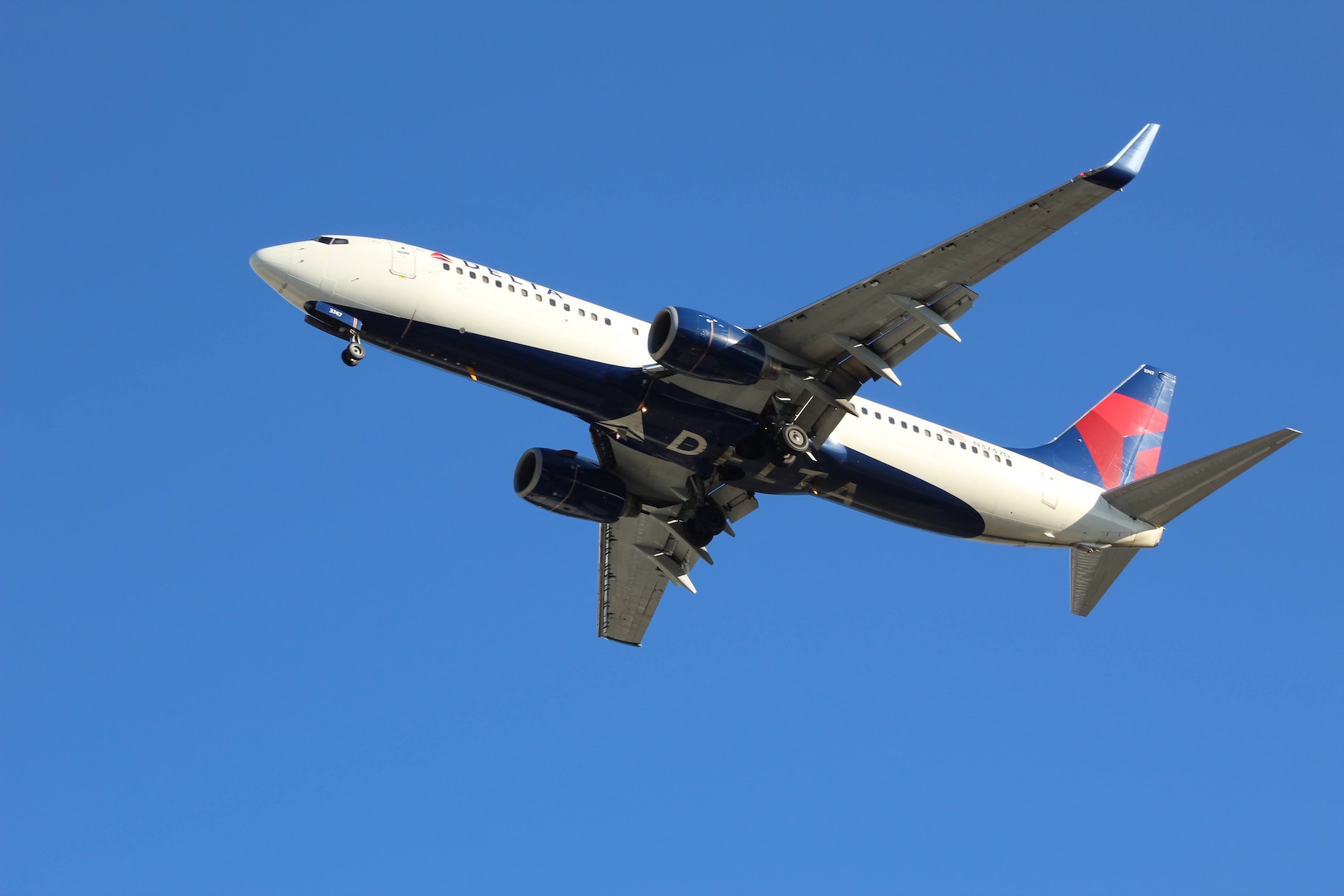This is a guest post by Evelina Thorne. Air freight regulations, often intricate and dynamic, demand unwavering attention from U.S. business professionals involved in import and export. Navigating this regulatory landscape requires both compliance and an understanding of its...
This is a guest post by Evelina Thorne.
Air freight regulations, often intricate and dynamic, demand unwavering attention from U.S. business professionals involved in import and export. Navigating this regulatory landscape requires both compliance and an understanding of its intricacies. So, let’s go over the crucial facets of these processes, offering insights and guidance to ensure smooth shipping operations.
Understanding the Regulatory Landscape

Navigating the complex world of air freight regulations can be daunting for U.S. businesspeople involved in import and export operations.
You must first grasp the regulatory landscape to embark on a successful journey. This landscape consists of various governing bodies, such as the Federal Aviation Administration (FAA), Transportation Security Administration (TSA), and the International Air Transport Association (IATA). These entities set the rules that ensure air cargo transportation’s safety, security, and efficiency.
In addition, international agreements, like the Chicago Convention, play a vital role in harmonizing air transportation standards across borders. Thus, understanding this regulatory ecosystem is the foundation for smooth shipping operations, providing the context needed to comply with air freight rules and regulations.
Cargo Classification and Documentation
Understanding cargo classification and documentation is a pivotal aspect of air freight operations for U.S. businesses.
Cargo classification involves categorizing goods accurately based on size, weight, and hazard level. This classification determines how you should handle, package, and transport cargo.
In addition, precise documentation is essential to ensure a smooth shipping process. It includes essential paperwork like bills of lading, invoices, and certificates of origin. Properly completing these documents is crucial for customs clearance and regulatory compliance. Errors or discrepancies in cargo classification and documentation can lead to delays, fines, or even the rejection of shipments. Therefore, you must invest time in training your staff on these critical aspects of air freight to avoid costly mistakes and ensure your goods reach their destination efficiently.
Packaging and Labeling Compliance
Packaging and labeling compliance are fundamental aspects that go beyond mere aesthetics. They serve a vital purpose in ensuring the safe storage of your goods in transit.
Proper packaging safeguards your cargo from damage during handling, turbulence, and unforeseen circumstances. It also ensures that hazardous materials are securely contained, reducing potential risks. At the same time, accurate labeling and marking help carriers and handlers identify the nature of the cargo, facilitating its proper handling and storage. Non-compliance with packaging and labeling requirements can result in serious consequences, including damage to your goods or even fines for violations. Therefore, you must pay meticulous attention to these compliance standards.
However, if you lack the time or staff to deal with this, Harris Movers Sudbury, ON, recommends hiring packing services. These experts know all about the current packing and labeling regulations and dispose of the appropriate packing supplies. Therefore, they can take this daunting task off your hands and ensure your goods reach their destination safely.
Security Measures and Screening
Security measures and screening ensure the safe and secure transportation of goods.
The Transportation Security Administration (TSA) plays a central role in setting stringent security requirements that U.S. businesses must adhere to. These measures encompass cargo screening procedures, technology utilization, and employee training. Cargo screening, often involving X-ray and other advanced technologies, aims to detect and prevent unauthorized items from being loaded onto aircraft.
Moreover, ensuring that employees are well-trained in security protocols is vital to maintain compliance and minimize risks. By prioritizing security measures and screening, businesses can comply with regulations, protect their shipments, and uphold the integrity of the air freight industry.
Hazardous Materials Transportation
Transporting hazardous materials is a complex and crucial facet of air freight operations. These materials, including chemicals, flammable substances, and radioactive materials, demand strict adherence to regulatory guidelines to ensure safety.
Businesses must thoroughly understand hazardous materials regulations, as misclassification or improper handling can pose severe risks to personnel and the environment. Proper labeling, packaging, and documentation are also mandatory for these shipments, and obtaining the necessary permits and approvals is paramount. By taking these precautions and diligently following established safety protocols, you can safely transport hazardous materials through air freight, mitigating potential hazards and environmental concerns.
Customs and Import/Export Regulations
The process of navigating customs regulations for international shipments is a vital consideration. Customs and import/export regulations govern the flow of goods across borders, ensuring compliance with trade laws and tariffs. Properly completing customs documentation, such as import/export permits and declarations, is essential to prevent delays and legal issues.
Understanding the specific requirements of the countries you are shipping to and from is crucial, as these regulations can vary widely. Failing to comply with customs and import/export regulations can result in confiscated shipments or significant financial penalties. Therefore, staying well-informed about the customs requirements of the origin and destination countries is crucial for ensuring smooth international shipping operations.
Compliance Training and Employee Education
Compliance training and employee education play a pivotal role in ensuring the success of U.S. businesses involved in air freight operations. Well-informed and trained employees are better equipped to navigate the intricacies of air freight, from cargo classification to security measures.
Furthermore, investing in comprehensive training programs helps employees understand their responsibilities and fosters a culture of compliance within the organization. Moreover, it makes your operations smoother and more reliable. Employees well-versed in compliance standards are less likely to make errors or overlook critical details, reducing the risk of costly mistakes and disruptions!
Compliance Audits and Recordkeeping
Conducting compliance audits and maintaining meticulous records are crucial aspects of air freight operations for U.S. businesses.
Regular audits help ensure that all aspects of air freight, from cargo classification to labeling and security measures, align with standards. These audits are a proactive means of identifying and rectifying potential compliance issues before they escalate.
Simultaneously, maintaining accurate records and documentation is essential for demonstrating compliance with regulations. Records such as cargo manifests, safety certificates, and audit reports provide a clear trail of compliance efforts. They help businesses adhere to regulatory requirements and also prove invaluable in case of external audits or investigations.
Trade Sanctions and Embargoes
Navigating trade sanctions and embargoes is critical. The U.S. government imposes these sanctions to restrict trade with specific countries, entities, or individuals for various reasons. These include national security and foreign policy objectives.
Thus, ensuring compliance with them is essential to avoid severe legal consequences, including hefty fines and legal liabilities. So, it’s crucial to employ comprehensive screening processes to identify and avoid prohibited parties and entities when conducting air freight. Staying informed about changes in sanction lists and regulations is equally vital, as these can evolve. As such, businesses must implement robust compliance measures, including proper due diligence and risk assessment, to safeguard their operations.
Environmental Regulations and Sustainability
Environmental regulations and sustainability practices are becoming increasingly important. Adhering to environmental guidelines ensures compliance and even contributes to reducing the carbon footprint of your import and export operations.
Besides, embracing eco-friendly initiatives aligns with regulatory standards and enhances your corporate reputation.
Furthermore, sustainable practices help protect the environment and improve your import and export efficiency. For instance, adopting efficient supply chain management and eco-friendly packaging can save costs and reduce environmental impact.
Conclusion on Air Freight Regulations
With everything we covered on air freight regulations, it’s clear that compliance is not just a box to tick. In fact, it is a vital aspect of successful international trade.
Thus, navigating them can be intricate, but the benefits of doing so are immense, ensuring the safety and security of your shipments and even the seamless flow of global commerce. So, stay informed, stay compliant, and thrive in the industry!

This was a guest post by Evelina Thorne.
Author Bio
Evelina Thorne, a distinguished authority in logistics and compliance, brings unparalleled expertise to freight regulations. With an extensive background in navigating complex regulatory landscapes, Ms. Thorne offers invaluable insights to U.S. businesses engaged in import and export operations. Her profound knowledge ensures the smooth flow of global commerce while upholding the highest compliance and security standards.
The post Air Freight Regulations: Compliance Guidelines for Smooth Shipping Operations appeared first on Universal Cargo.













